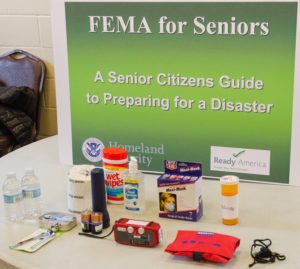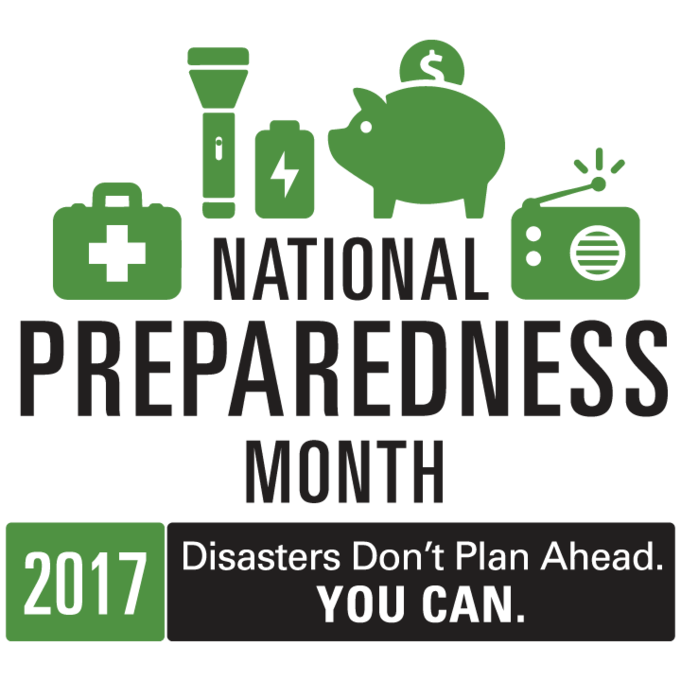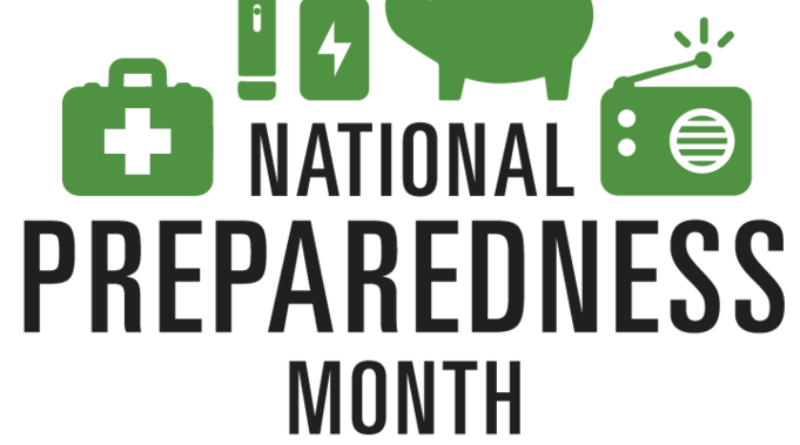National Preparedness Month: What Seniors Should Know
 Seniors may be especially vulnerable in emergencies. Here are some tips to help them get prepared and stay safe.
Seniors may be especially vulnerable in emergencies. Here are some tips to help them get prepared and stay safe.
Stay on Top of the News
- Tune in to local TV and radio stations for emergency information, including severe weather forecasts, as well as evacuation instructions.
- Download the FEMA App to get weather alerts and other vital information.
- Sign up for Notify NYC to receive emergency alerts from the City.
Make a Plan
- Create an emergency plan that addresses any special assistance seniors may need to prepare or evacuate, including communications and mobility issues. More information for individuals with disabilities is available here.
- Develop a support network of family, friends, and neighbors who can assist during an emergency. Share and practice the emergency plan with them. Make sure they have a spare home key and know the location of emergency supplies and how to use lifesaving equipment or administer medication.
- Find out the emergency plans of any hospitals/clinics that provide routine treatments, and identify backup service providers.
- Every individual in a senior’s household should have an emergency kit. Pets and service animals need plans too.
Get Benefits Electronically
A disaster can disrupt mail service for days or even weeks. Seniors who depend on Social Security or other regular benefits should switch to electronic payments to ensure uninterrupted payments and eliminate the risk of stolen checks.
- Federal benefit recipients can sign up for direct deposit to a checking or savings account by calling 800-333-1795 or going here.
- Recipients of benefits from New York City can sign up here.
Visit www.ready.gov/seniors for more information on how seniors can get prepared for emergencies.








